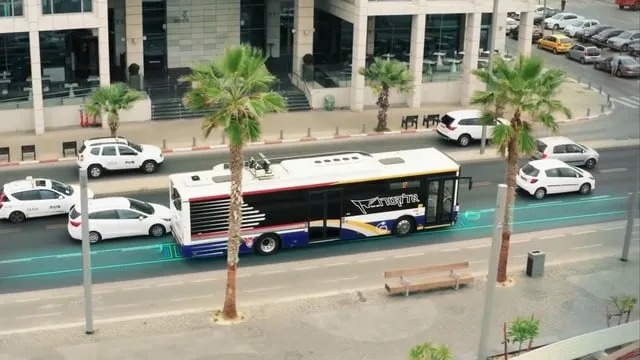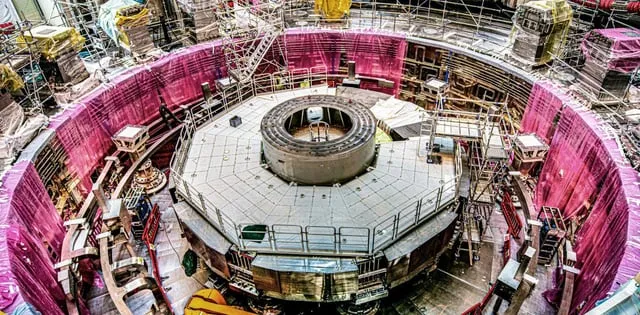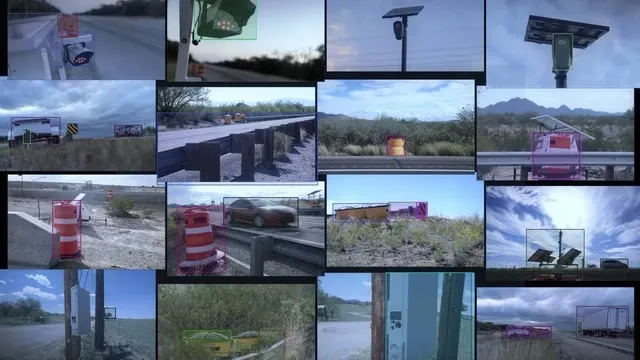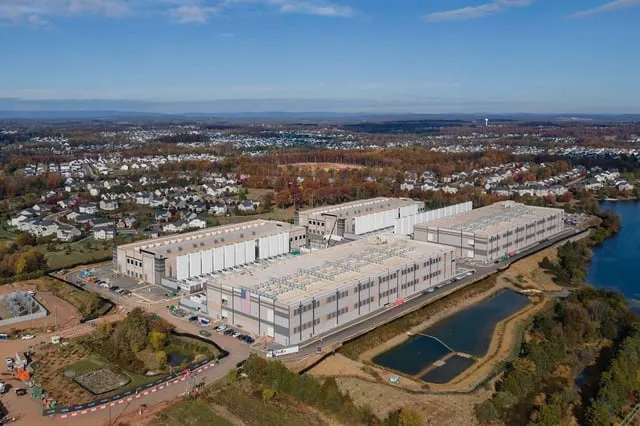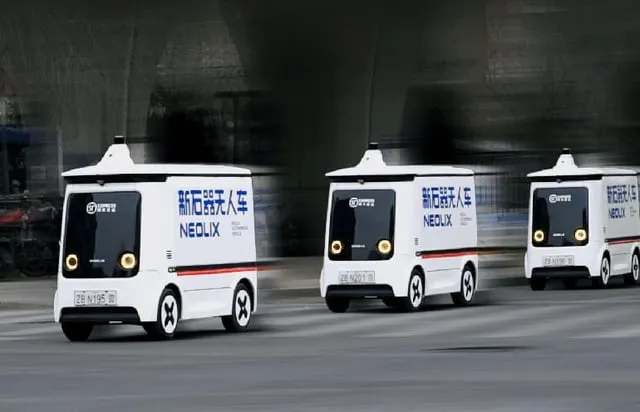I always thought charging electric vehicles (EVs) seemed kind of bothersome... but I was shocked to learn that experiments have started in France for highways that can charge your car while you drive😳💡
What does "charging while driving" actually mean?
Normally, EVs have to stop to charge, so on long drives you might worry, 'How many more kilometers can I go...?'🥺
But the key point of this new highway in France is that your car can automatically charge while driving✨
The mechanism, roughly speaking, works like this👇
- There are "power-supplying rails" installed in the center of the road
- EVs have a special device underneath that makes contact with these rails to receive electricity
- This means you can charge while driving without worrying about battery drain
This probably means "no need to stop at charging spots," so I think it could significantly reduce the stress of long-distance driving🛣️⚡️
Where are they actually testing this?
They've already started trial operations on a section of a French highway.
It's not widely available yet, but if this goes well, other countries might adopt it in the future💭
By the way, this technology is a bit different from wireless charging called "inductive charging"—it's the type that directly contacts rails to receive electricity.
So it's said to be efficient and less affected by weather👀🌧️
What are the benefits?
- Reduced charging time: You can charge while driving, so no need to deliberately stop and charge
- Increased peace of mind for long trips: You might be able to drive without worrying about battery level
- Environmentally friendly: Widespread EV adoption could potentially reduce CO2 emissions from gasoline cars
Hmm... at this point, it feels like the very concept of "stopping to charge" might change, doesn't it?🥺🫶
There are some concerns though...
Of course, there still seem to be challenges.
For example, only limited vehicle models are compatible, and there's the cost of highway infrastructure.
Plus, maintenance and safety checks will need to be increasingly addressed🤔🔧
But it definitely seems like an important step toward supporting the future EV society✨
Thinking about it, it feels like the kind of world we see in sci-fi movies is getting closer... and that makes me a little excited💗🌸
Comments
エイダン
I like this genre. It feels like 'inventing a trolleybus but doing it so nobody notices.'
グレース
New technologies become popular based on cost-effectiveness and how dramatically they improve over what they replace, but this...
ハンナ
・Extremely expensive and requires major construction (full road reconstruction needed)
ロバート
・Slower and less efficient than cable or stationary charging
ジョージ
・Requires new equipment to be installed on vehicles
クリス
・Addresses mostly unnecessary 'range anxiety' while batteries are evolving daily
ノーラン
Personally, I don't think it will become widespread, but there might be applications at taxi stands or bus stops.
ハンナ
It says the induction charging system can exceed 300kW peak, over 200kW average, but essentially it's just 'building a hidden trolleybus,' right?
ジャック
The old Soviet ZIU-9 trolleybus consumed 110-150kW, so this technology could power 3 simultaneously, but it seems impossible if you press the accelerator too hard. It's impressive that it reached performance similar to 1960s overhead lines though.
ベン
This is a ridiculous idea. It wastes a lot of energy and will just cause copper prices to skyrocket astronomically.
サラ
These kinds of projects can't compete with new battery and charging technologies—they're doomed from the start with ultra-high costs and being outdated.
リリー
I wonder what happened to those 2010s solar-powered roads that charged for 5 miles?
ハンナ
France built the world's first dynamic wireless charging highway on the A10! About 40km southwest of Paris, multiple companies and universities launched the 'charge while driving' project.
ワット
I think this will be hell for batteries that already have short lifespans.
So now instead of money being thrown into cars that are money pits, the roads become the pits. French people are used to high taxes so they probably won't complain.
This idea has been tried many times, but it always concludes that 'road construction is too expensive and energy loss is huge.'
With current trucks and regular cars, drivers need breaks anyway, so infinite range would actually be problematic. But combined with autonomous driving, it could be the ideal form for covering long distances without stopping.

